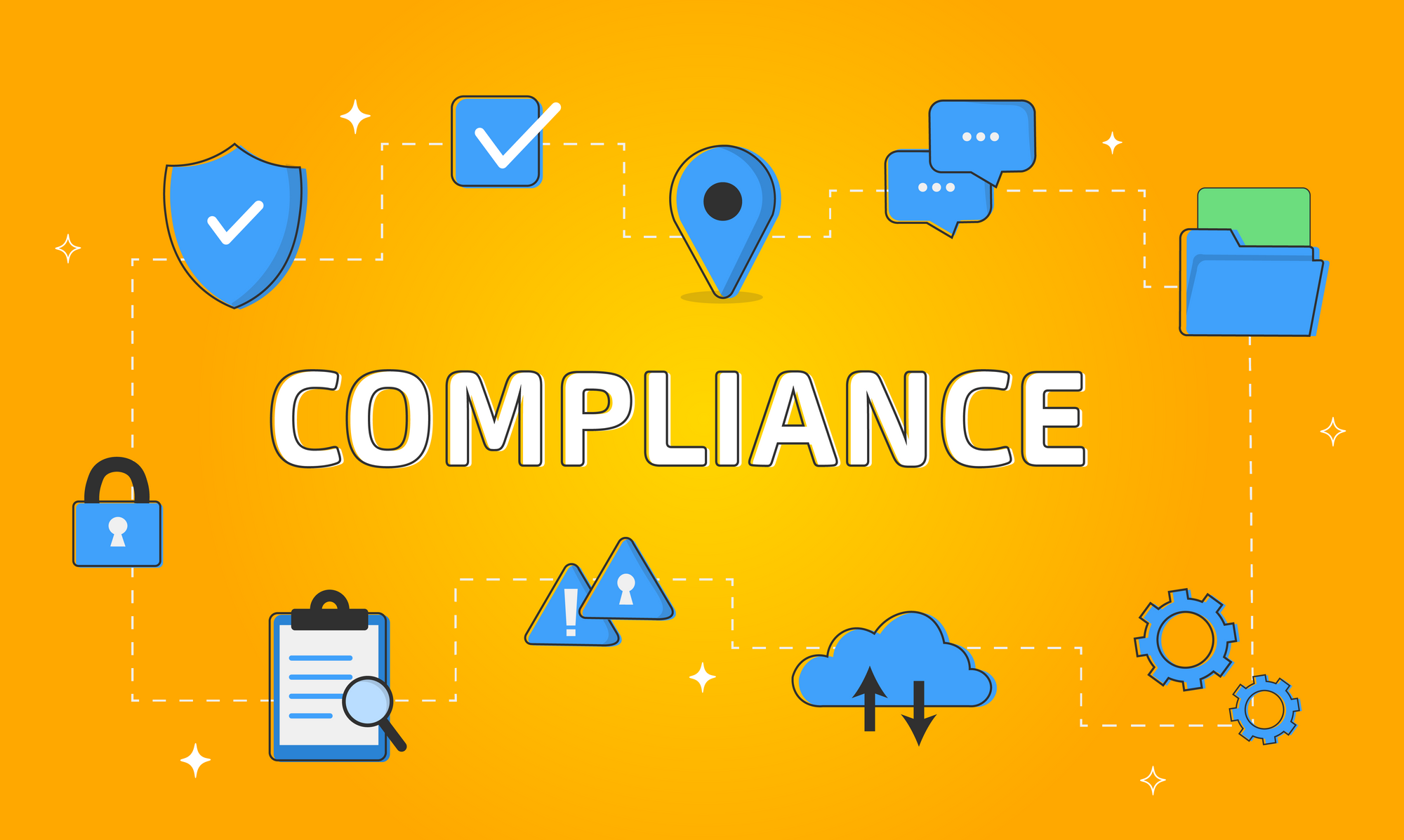
Please note that this article is for educational and informational purposes only. The views and opinions expressed are those of the author and do not reflect or represent the views and opinions of Alpaca. Alpaca does not recommend any specific securities or investment strategies.
This article first appeared on RiskSave on July 22, 2020.
As compliance functions continue to navigate rapidly changing business models and the financial world gets more and more regulated every day, it has become quite difficult for organizations to maintain their compliance programs with the evolving regulations. Though compliance has evolved dramatically over the past decades, the rapid emergence of new regulations and transparency requirements will require more technology and user-centered strategies.
Changes within the geo-political environment and increased regulatory scrutiny have transformed the way firms conduct business and maintaining compliance has become extra burdensome for everyone within the organization. To overcome challenges and comply with the new set of changes, compliance services providers can help you. As this requires a dedicated resource or your resources putting additional time, money, and administrative, and in some cases, these can take a toll on the firm's ability to grow and survive in the current scenario.
Taking all of the above circumstances into account, we have put together the list of top ten compliance challenges being faced and to be affronted in the near future by businesses.
- Data protection and cyber security
Service providers acknowledge data as something to be protected with governance and controlled within their organization or through a third-party compliance service provider. Since the breaches in data sharing continues, risks and complexities related to the compliance profession remain a persistent top challenge. The expectations for more stringent data privacy and security regulations such as GDPR, KYC, beneficial ownership etc are the tip of the iceberg. Cyber security is another main concern because of its associated risks and cyberattack, losses, or misuse of personal data.
2. Change in technology
The speed of change in technology is also a cause of concern. Though it can be impressive to adopt AI, cognitive computing and machine learning to not fall behind the technological curve. But there are dangers of AI and relying overtly on computer-based solutions to be compliant. Undoubtedly, technology can help you to be more compliant but AI can only process what is programmed and won’t perform or readjust when an unexpected event occurs. It is one of the main concerns among compliance officers and compliance services providers.
3. Changing environment
This is the concern for most respondents, for the sake of regulatory compliance, the ability for the organizations to adapt to the changing environment is one of the key concepts. With this in mind, it is important to have a broad view of both controlling and planning the operational risks and managing the disruptions beforehand. Also with the changing environment or sociopolitical changes might create problems for outside sources like cybercrimes.
4. Divergence regulation and the need to ‘merge’
The organizations need to merge and diverge with respect to the regulations. For instance, the shifts in regulations related to data privacy, trade policies, product development, social issues, and environmental issues have been happening and will continue to happen, resulting in impacting any organization that wishes to do business both within or outside their home country. Here is a list of main divergence areas:
- Data privacy regulation and data privacy
- Innovative technological regulations
- Alignment with non-financial services.
5. Credit quality and transaction reporting
By this stage, you would know that maintaining reports and learning from prior credit cycles is very important in a regulated business. If it is not done correctly there are potential risks like fraud, anti-money laundering, market abuse related to:
- New products and services
- Exposures via securities or trading activities.
- Maintaining credit and reporting is a challenge for compliance if it is not implemented well within the company.
6. Compliance agility
The evolving improvements require the organizations to adapt to any risks and transformation efficiently and within the sphere of new regulations, developments, and new market necessities. New innovations are creating more issues and directly impacting the business strategy. It is important that organizations understand the outcomes of new technology in the core areas of conduct, ethics, financial crimes, and customer protection.
7. Financial crime
It is true that to deliver better services and value to customers technology is undeniable. But there are also risks involved related to financial crime and fraud. This may pose a major challenge for companies to identify the risk for crimes.
8. Data analytics
Since the volume of data, diversity, and number of sources have been hard to navigate, the companies are still struggling. A large amount of data is exponentially increasing operational challenges related to tracking, warehousing, and protecting of that data.
9. Regulatory changes
This challenge exists for organizations across worlds of different sizes. And with the increase in consumer privacy and data security, it is important for the companies to be aware of the updated requirements of GDPR laid down in the EU. Adoption of compliance services will likely help drive sustainable change across these regulatory challenges.
10. Customer trust
In the current business environment, gaining customers’ trust and loyalty involves a personalized service experience, reliable privacy, and fair value. This requires digital transformation, which poses a consistent and increasing challenge to personal data protection. The companies are always expected to identify and prevent any unethical conduct or the sale of data for marketing purposes and similarly ensure the protection of personal data.
Source
Top 10 Compliance Challenges. RiskSave Technologies Ltd. July 22, 2021.
Alpaca does not prepare, edit, or endorse Third Party Content. Alpaca does not guarantee the accuracy, timeliness, completeness, or usefulness of Third Party Content, and is not responsible or liable for any content, advertising, products, or other materials on or available from third-party sites.